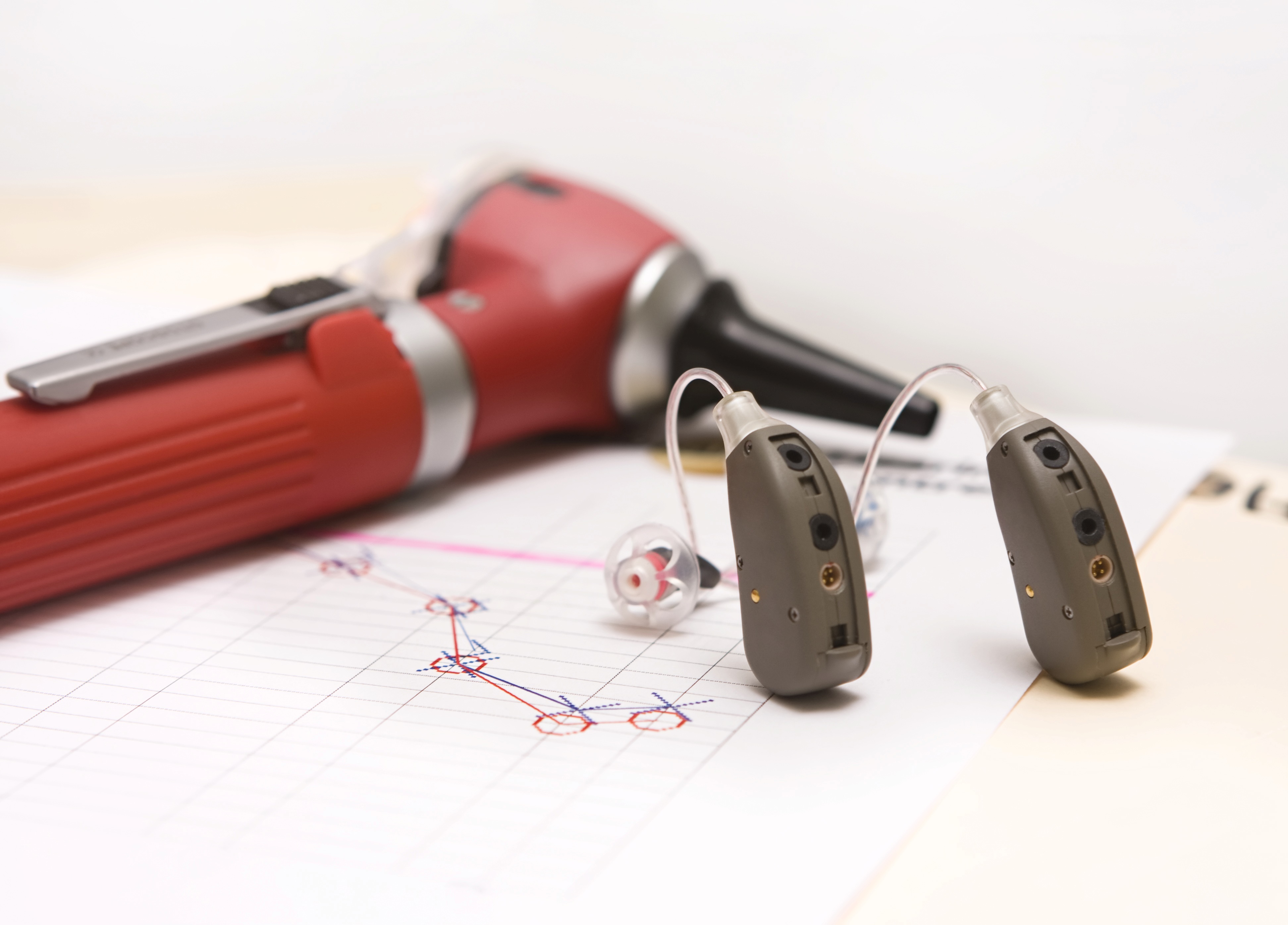
You have probably watched the commercials. The ones pushing PSAPs, or personal sound amplification products, ensuring an improvement to hearing for as little as 20 dollars. It appears to be a fantastic deal—particularly when compared to the significant selling price of a hearing aid.
In reality, it’s not so much a good deal as it is shrewd advertising. The ads do their best to hide some crucial information while concentrating on carefully chosen talking points.
But the question remains: why would you want to shell out more money on a hearing aid when less costly PSAPs are readily available? Here are five good reasons.
1. PSAPs are not FDA-regulated medical devices
Listen carefully to the PSAP commercials. You’ll hear all about “boosts” to hearing but never about actually treating hearing loss. The reason: PSAPs are not FDA-regulated medical devices and can’t be used to treat any medical condition, including hearing loss. PSAPs are merely leisure products intended to provide advantages to people who can already hear comfortably.
Using a PSAP to address hearing loss is like buying a pair of reading glasses to treat near and far-sighted vision impairment. Hearing aids, in contrast, are FDA-regulated medical devices that can proficiently treat hearing loss.
2. PSAPs are not customizable
Hearing aids may not look like much on the outside, but inside they contain state-of-the-art digital technology that can slice up, save, adjust, and regulate any kind of sound. Hearing aids can additionally create adjustments for pitch and volume so that amplification complements the patient’s hearing loss precisely.
A PSAP, by comparison, is a one-size-fits-all electronic gadget that amplifies soft sounds. Since everyone’s hearing loss is a little different, PSAPs won’t amplify the correct frequencies. Instead, PSAPs will amplify all sound, creating distortion in noisy settings.
3. PSAPs can’t enhance speech
Speech sounds are special in that they are largely represented in the higher frequencies, particularly in comparison to background sound. Considering that digital hearing aids can identify variations in sound frequency, hearing aids can amplify speech while repressing background noise. PSAPs, for the most part, do not have this functionality.
4. PSAPs might cost you more in the long-run
First, hearing loss is on occasion caused by factors that do not require hearing amplification at all. If, for instance, earwax accumulation is triggering your hearing loss, a simple professional cleaning can improve your hearing within a few minutes—and without a cent spent on any amplification products.
Second, sometimes more significant medical ailments can cause hearing loss, so you’ll want a professional examination to rule this out. Considering that you can buy a PSAP without any communication with any healthcare professionals, you could be placing yourself in danger.
Third, if you do have noise-induced or age-related hearing loss, a PSAP will not function the way you would need it to. You’ll probably invest in a hearing aid at some point anyway, so you might as well skip the extra cost of the PSAP.
And last, in contrast to hearing aids, there is no mandatory trial period for PSAPs. If you purchase one and it doesn’t get the job done, there’s no legal guarantee that you’ll get back your money.
5. PSAPs lack the features of a hearing aid
PSAPs, like we said, are simple amplification devices stripped of any enhanced functionality. Hearing aids, in contrast, can enhance speech, minimize background noise, and accommodate to different surroundings. Some hearing aid models can even wirelessly stream phone calls and music, and some can be controlled with smartphones and watches.
The choice is yours
PSAPs do have their uses. If you have normal hearing, PSAPs are great for things like bird watching and eavesdropping on conversations, if that’s your sort of thing.
But for hearing loss, don’t settle for less than you deserve. Your hearing, and the relationships that depend on it, are too valuable.